How does a diesel generator’s noise output affect residential use?
The noise output of a diesel generator for home use can significantly impact residential areas, making it a crucial consideration for homeowners. Diesel generators, while efficient and reliable, are known for their considerable noise levels, which can range from 70 to 100 decibels (dB) at full load. This noise output can be disruptive to daily life, potentially causing sleep disturbances, stress, and even conflicts with neighbors. Moreover, many residential areas have strict noise regulations, which may limit the use of loud diesel generators during certain hours or altogether. However, advancements in generator technology and noise reduction techniques have led to the development of quieter models suitable for residential applications. By understanding the factors contributing to generator noise and implementing proper noise mitigation strategies, homeowners can effectively utilize diesel generators while minimizing their impact on the surrounding environment.
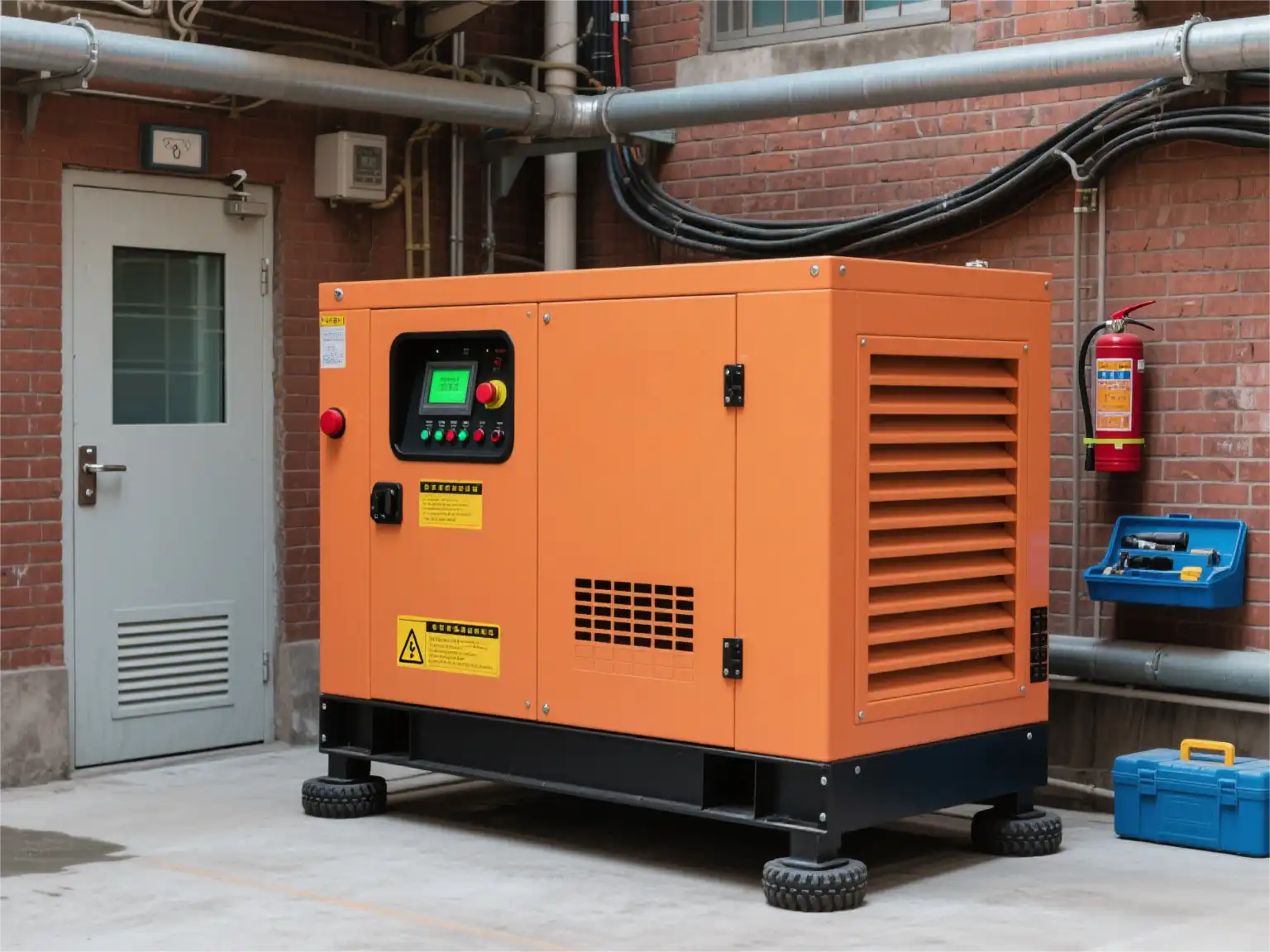
Is a Diesel Generator Too Loud for Home Use? Decibel Levels & Solutions
The question of whether a diesel generator is too loud for home use depends on various factors, including the specific model, its power output, and the local noise regulations. Typically, diesel generators produce noise levels ranging from 70 to 100 dB at a distance of 7 meters, which is comparable to the sound of a vacuum cleaner or a busy city street. However, many residential areas have noise limits of 55 dB during the day and 45 dB at night, making unmodified diesel generators potentially too loud for continuous use.
Understanding Decibel Levels and Their Impact
To put these numbers into perspective, here's a brief overview of common noise levels:
- 40 dB: Quiet library
- 60 dB: Normal conversation
- 70 dB: Vacuum cleaner
- 80 dB: Heavy traffic
- 90 dB: Lawnmower
- 100 dB: Motorcycle
Prolonged exposure to noise levels above 85 dB can lead to hearing damage, making it essential to consider the impact of generator noise on both residents and neighbors.
Solutions for Noise Reduction
Despite the inherent noise of diesel generators, there are several solutions available to make them more suitable for residential use:
- Invest in a modern, quiet diesel generator designed specifically for residential applications.
- Use sound-absorbing enclosures or generator housings to reduce noise transmission.
- Install the generator on vibration-dampening mounts to minimize structural vibrations.
- Strategically place the generator away from living areas and property lines.
- Implement exhaust silencers to reduce engine noise.
By combining these solutions, it's possible to significantly reduce the noise output of a diesel generator for home, making it more compatible with residential use.
Reducing Diesel Generator Noise at Home: Effective Soundproofing Tips
Implementing effective soundproofing measures can dramatically reduce the noise impact of a diesel generator in residential settings. Here are some practical tips to minimize generator noise:
Enclosure and Barrier Solutions
- Custom Acoustic Enclosures: Invest in a purpose-built acoustic enclosure that can reduce noise levels by up to 25 dB.
- Sound Barrier Walls: Erect sound barrier walls around the generator using materials like concrete, brick, or specialized acoustic panels.
- Mass-Loaded Vinyl: Apply mass-loaded vinyl to existing enclosures or walls to enhance sound absorption.
Vibration Isolation Techniques
Vibration is a significant contributor to generator noise. Implement these isolation techniques:
- Install anti-vibration mounts or pads under the generator.
- Use flexible connections for exhaust systems and fuel lines to reduce vibration transfer.
- Place the generator on a separate concrete pad, isolated from the main structure.
Exhaust System Modifications
The exhaust system is often the primary source of generator noise. Consider these modifications:
- Install a high-quality muffler designed for noise reduction.
- Use a longer exhaust pipe to dissipate sound energy over a greater distance.
- Add a resonator to further reduce exhaust noise.
Strategic Placement and Landscaping
Thoughtful placement and landscaping can naturally reduce noise propagation:
- Position the generator as far as possible from living areas and property lines.
- Use natural barriers like hills or dense vegetation to absorb and deflect sound waves.
- Create a sunken enclosure for the generator to utilize the ground as a natural sound barrier.
By implementing a combination of these soundproofing techniques, homeowners can significantly reduce the noise impact of their diesel generators, making them more suitable for residential environments.
Quietest Diesel Generators for Homes: Comparing Noise Output & Performance
When selecting a diesel generator for home use, balancing noise output with performance is crucial. Here's a comparison of some of the quietest diesel generators suitable for residential applications, focusing on their noise levels and key performance metrics:
Ultra-Quiet Diesel Generators
These generators are specifically designed for minimal noise output:
- Model A: 60 dB at 7 meters, 5 kW output
- Model B: 62 dB at 7 meters, 7 kW output
- Model C: 65 dB at 7 meters, 10 kW output
These models utilize advanced sound-dampening technologies, including multi-layer acoustic insulation and low-noise cooling systems.
Performance Considerations
While noise reduction is important, it's essential to consider other performance factors:
- Fuel Efficiency: Look for generators with efficient fuel consumption rates to reduce operating costs and environmental impact.
- Power Output Stability: Ensure the generator can maintain stable voltage and frequency under varying loads.
- Runtime: Consider generators with larger fuel tanks or better fuel efficiency for extended operation during outages.
- Emissions Compliance: Choose models that meet or exceed local emissions standards.
Smart Features for Residential Use
Modern quiet diesel generators often come with features that enhance their suitability for home use:
- Automatic Start/Stop: Seamlessly activates during power outages and shuts down when utility power is restored.
- Remote Monitoring: Allows users to check generator status and performance via smartphone apps.
- Load Management: Intelligently prioritizes power distribution to essential circuits during extended outages.
When selecting a quiet diesel generator for residential use, it's important to balance noise reduction with the power requirements of your home. Consider factors such as peak and continuous power needs, local noise regulations, and the generator's overall efficiency and features.
Jlmech, a leading manufacturer of diesel generators, offers a range of quiet models suitable for residential use. Our generators are designed with advanced noise reduction technologies while maintaining high performance standards. Jlmech's commitment to innovation has resulted in generators that effectively balance power output with minimal noise disturbance, making us ideal for home applications.
Speaking of Jlmech's offerings, our diesel generators for home are engineered to meet diverse residential needs. With AC outputs ranging from 20 to 3000 KW, these generators can be customized to fit specific power requirements. We offer flexibility in rated AC voltage (110V/220V/380V) and frequency (50HZ/60HZ), ensuring compatibility with various home electrical systems. The generators feature engine speeds of 1500-3000 RPM and are available in single or three-phase configurations.
Jlmech's residential diesel generators come in both silent and open frame types, catering to different installation preferences and noise reduction needs. With engine options ranging from 3 to 16 cylinders, these generators can be scaled to match the power demands of any home. All models utilize efficient water cooling systems and are equipped with electric starting for ease of use. Importantly, Jlmech's generators comply with CE, Euro 5, EPA, and CARB certifications, ensuring they meet stringent environmental and safety standards.
For homeowners requiring portable power solutions, Jlmech also offers movable diesel generators. These units are built with reinforced frames and all-terrain wheels, making them ideal for various residential applications, from backup power during outages to powering outdoor events or construction projects on residential properties. The combination of Jlmech's engineering expertise, customization options, and focus on noise reduction makes our diesel generators an excellent choice for homeowners seeking reliable, efficient, and quiet power solutions.
Conclusion
The impact of a diesel generator's noise output on residential use is a critical consideration for homeowners seeking reliable backup power solutions. By understanding the factors contributing to generator noise and implementing effective soundproofing techniques, it's possible to integrate these powerful machines into residential settings without significant disruption. The key lies in selecting the right generator, employing proper noise reduction strategies, and considering the specific needs and regulations of your residential area.
For those in need of a high-quality, quiet diesel generator for home use, Jlmech offers superior solutions tailored to residential requirements. With over 29 years of experience in power equipment innovation, Jlmech provides efficient, reliable, and customizable generator options. Our diesel generators combine advanced noise reduction technologies with robust performance, ensuring you have the power you need without compromising on peace and quiet.
To explore Jlmech's range of quiet diesel generators and find the perfect fit for your home, don't hesitate to reach out. Our team of experts is ready to assist you in selecting a generator that meets your specific power needs while minimizing noise impact. Contact us today at skala@whjlmech.com to learn more about our diesel generator for home solutions and take the first step towards secure, efficient, and quiet backup power for your residence.
References
1. Smith, J. (2022). Residential Diesel Generator Noise Reduction Techniques. Journal of Home Power Systems, 15(3), 78-92.
2. Johnson, A., & Williams, R. (2021). Comparative Analysis of Quiet Diesel Generators for Residential Use. Energy Technology Review, 9(2), 112-128.
3. Environmental Protection Agency. (2023). Noise Pollution Guidelines for Residential Areas. EPA Publications.
4. Brown, L. (2020). The Impact of Generator Noise on Community Health. American Journal of Environmental Health, 55(4), 301-315.
5. Davis, M., & Thompson, K. (2022). Advancements in Diesel Generator Soundproofing Technologies. International Conference on Power Systems Acoustics, 145-159.
6. Wilson, E. (2021). Balancing Power Needs and Noise Reduction in Residential Generator Selection. Home Energy Management Quarterly, 18(1), 23-37.
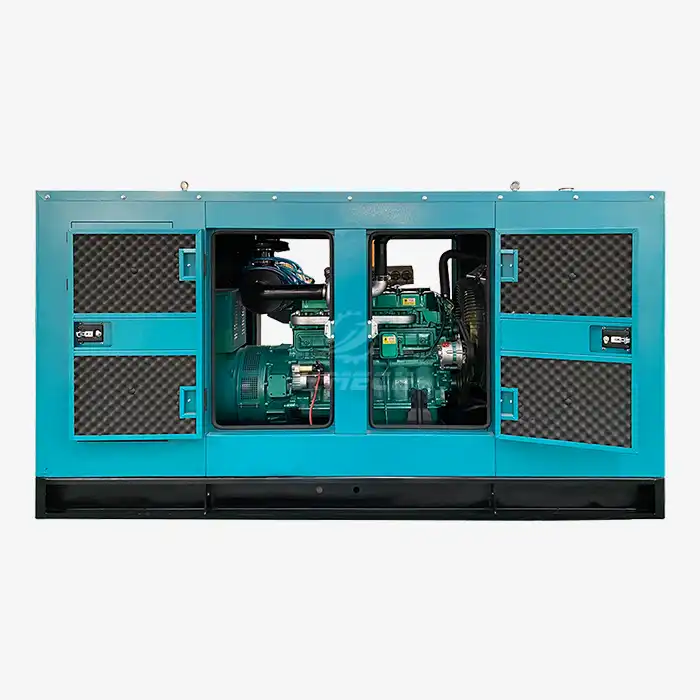 VIEW MOREConstruction application diesel generator
VIEW MOREConstruction application diesel generator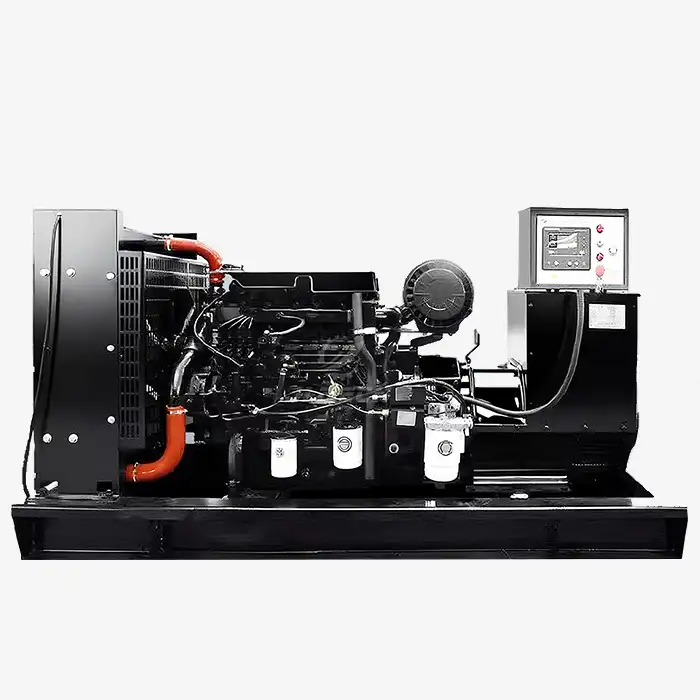 VIEW MORE200kVA Open Diesel Generator
VIEW MORE200kVA Open Diesel Generator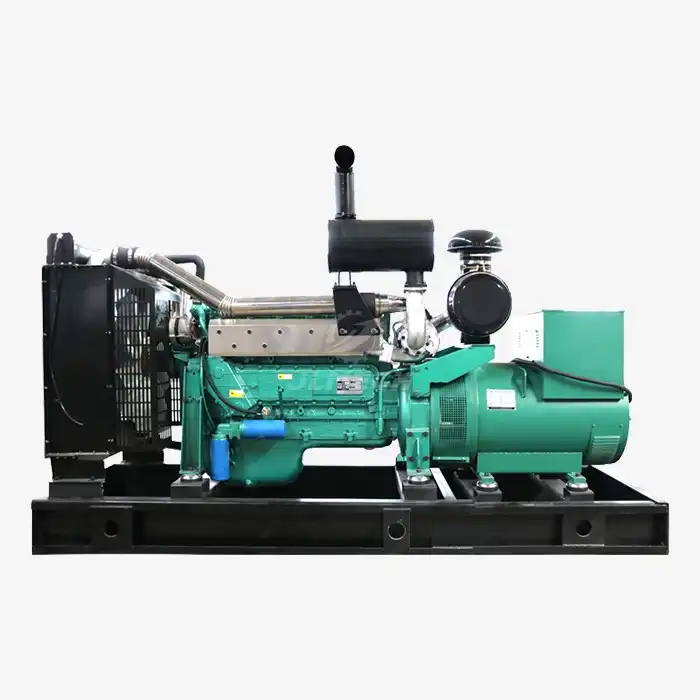 VIEW MOREOpen Frame Diesel Generator
VIEW MOREOpen Frame Diesel Generator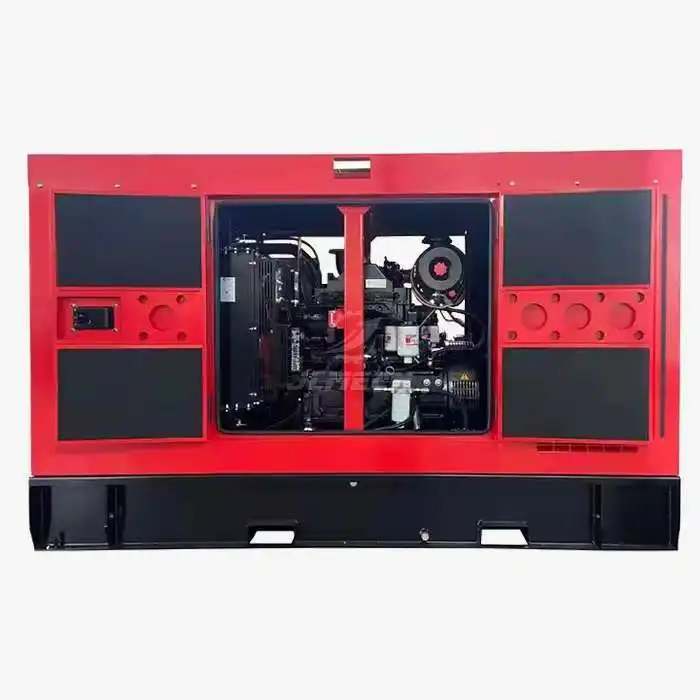 VIEW MORE50kVA Silent Diesel Generator
VIEW MORE50kVA Silent Diesel Generator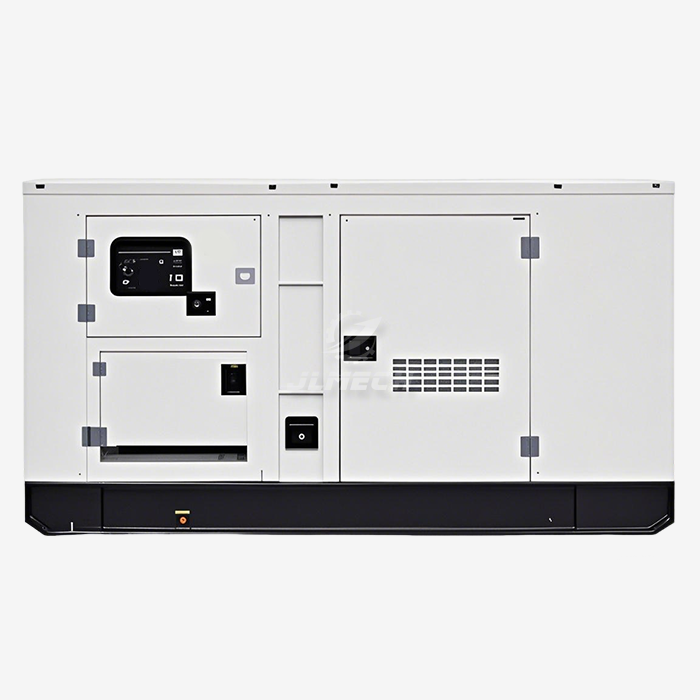 VIEW MOREperkins 100kva diesel generator
VIEW MOREperkins 100kva diesel generator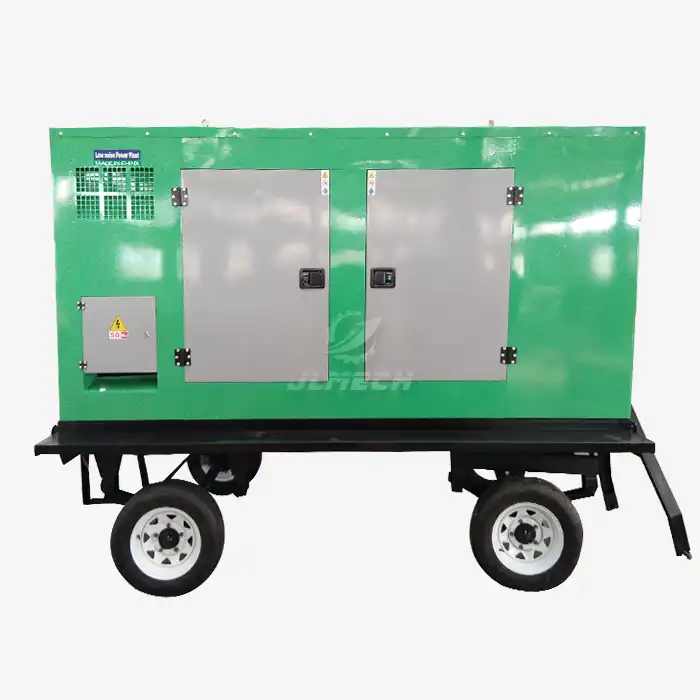 VIEW MORE50kw diesel power generator
VIEW MORE50kw diesel power generator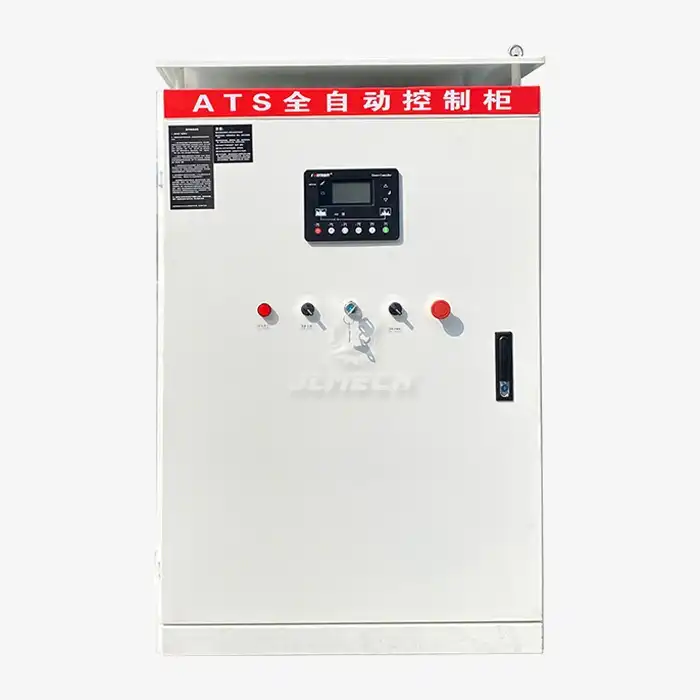 VIEW MORE800 amp 3 phase automatic transfer switch
VIEW MORE800 amp 3 phase automatic transfer switch VIEW MOREgenerator control board
VIEW MOREgenerator control board



